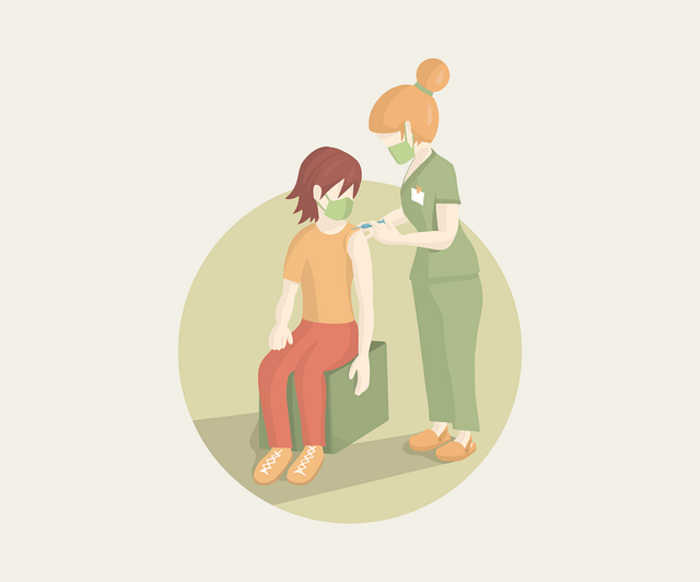Geographical pockets of vaccination behavior can be attributed to both pre-existing socio-demographic clusters as well as the way vaccine hesitancy spreads through neighboring societies, according to a new study publishing October 13th in the open-access journal PLOS Computational Biology by Lucila Alvarez-Zuzek of Georgetown University, US, and colleagues.

Credit: cromaconceptovisual, Pixabay (CC0, https://creativecommons.org/publicdomain/zero/1.0/)
Geographical pockets of vaccination behavior can be attributed to both pre-existing socio-demographic clusters as well as the way vaccine hesitancy spreads through neighboring societies, according to a new study publishing October 13th in the open-access journal PLOS Computational Biology by Lucila Alvarez-Zuzek of Georgetown University, US, and colleagues.
In recent decades, vaccine hesitancy has gained ground, threatening the maintenance of herd immunity for various pathogens. The geographic clustering of vaccine hesitancy creates pockets of unprotected sub-populations that can become hotspots for outbreak emergence.
In the new study, researchers created theoretical models to explain how clusters of vaccination behavior are shaped by two social processes—social selection, the pre-existence of socio-demographic clusters; and social influence, the spread of ideas between populations. The models found that both processes are independently capable of generating geographical clusters of high hesitancy. Moreover, they suggested that when a society trusts hesitancy propaganda, social selection plays an important role and many smaller clusters of hesitancy appear. When a society tends to be more skeptical about propaganda, social influence overcomes and a few larger clusters appear, despite the same overall frequency of vulnerable communities.
The computational models also allowed the team to determine how intervention strategies can reduce both overall vaccine hesitancy, and the spatial clustering of vaccine hesitancy. They found that when social selection in a society is low, the most effective strategy involves targeting communities that are vulnerable due to their own socio-economic traits but also are surrounded by a socio-cultural environment with a high tendency towards hesitancy.
Dr. Alvarez-Zuzek adds, “Social human behavior is complex, and understanding in the context of public health is very challenging. We believe that our findings are a step forward towards understanding the underlying processes that generate dangerous clustering in vaccine hesitancy and designing mitigation strategies to better protect vulnerable populations.”
############
In your coverage, please use this URL to provide access to the freely available article in PLOS Computational Biology: https://journals.plos.org/ploscompbiol/article?id=10.1371/journal.pcbi.1010437
Citation: Alvarez-Zuzek LG, Zipfel CM, Bansal S (2022) Spatial clustering in vaccination hesitancy: The role of social influence and social selection. PLoS Comput Biol 18(10): e1010437. https://doi.org/10.1371/journal.pcbi.1010437
Author Countries: United States
Funding: This research was supported by the National Institute of General Medical Sciences of the National Institutes of Health (award number R01GM123007) to SB. The funders had no role in the study design, data collection and analysis, decision to publish, or preparation of the manuscript.
Journal
PLoS Computational Biology
DOI
10.1371/journal.pcbi.1010437
Method of Research
Computational simulation/modeling
Subject of Research
Not applicable
COI Statement
Competing Interests: The authors have declared that no competing interests exist.




